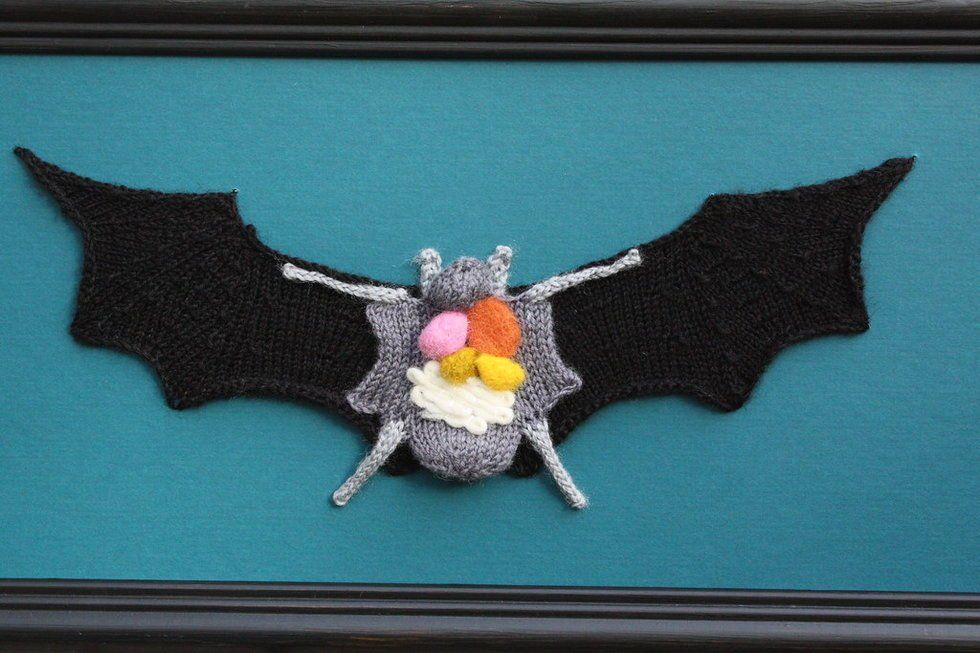Lash Nolen Is Harvard Med's First Black Woman Class President, And That's Good News For The Future Of Higher Education
Harvard Medical School just elected its first black female president after 238 years, and that spells good news for the future.
Last year, Harvard Medical student LaShyra Nolen made history by becoming the school's first black female president. Nolen, who goes more commonly by the name "Lash," describes herself as "hungry for justice" and has used this hunger to climb her way to the top of one of the most prestigious medical schools in the world.
This race to the top, however, was made more challenging for Nolen by the lack of black female representation in society. In an interview with Teen Vogue, she revealed that she "almost didn't apply to [Harvard]" because of the way society reminds young black girls of what they cannot achieve instead of encouraging them. Growing up, Nolen relied instead on observing the leadership of important women in her own life, like her mother and grandmother. She hopes to encourage other young black girls to take on leadership positions by proving that black women do indeed have a place at the top of every field, in the hopes that the future brings more representation for this group.
Nolen's astounding achievement places emphasis on the fact that, in Harvard Medical School's 238-year history, representation of black women has been so shamefully low that the election of a black female president is groundbreaking. What's more disconcerting is the idea that the school is pretty well-representative of academia as a whole: Historically white, historically male, and making very slow strides (if any) towards increasing diversity and promoting equity.
Through legislative and political efforts are being made to lessen the race and gender gap, the fact remains that people of color — especially women — find it more difficult than their white peers to rise to the top of the academic world. This is apparent in fields like engineering (in which black students earn degrees at 43 percent of the rate of their white peers), visual and performing arts (where this rate is 64 percent), and biomedical sciences (which jumps only to 80 percent).
It's extremely clear that higher education is going to need to see a lot of reform before a black female leader becomes something besides an exception to an implicit rule.
Nolen hopes to guide this reform by working on community outreach events that divert from the idea that academia has a single demographic, and she believes that increasing representation is the key to making higher education a more inclusive field. Primarily, Nolen hopes that someday "black women in leadership... get the recognition, compensation, and opportunities they deserve."
It's hard to tell exactly when that day will come, but leaders like Nolan make it clear that all possible measures will be taken to ensure it comes sooner rather than later.




































